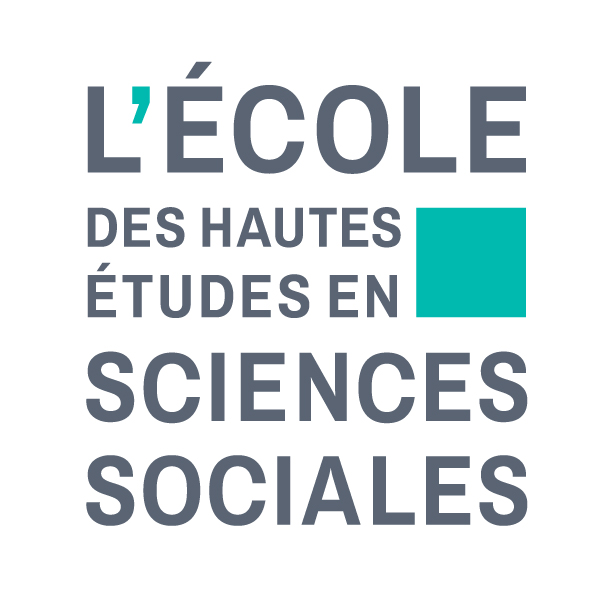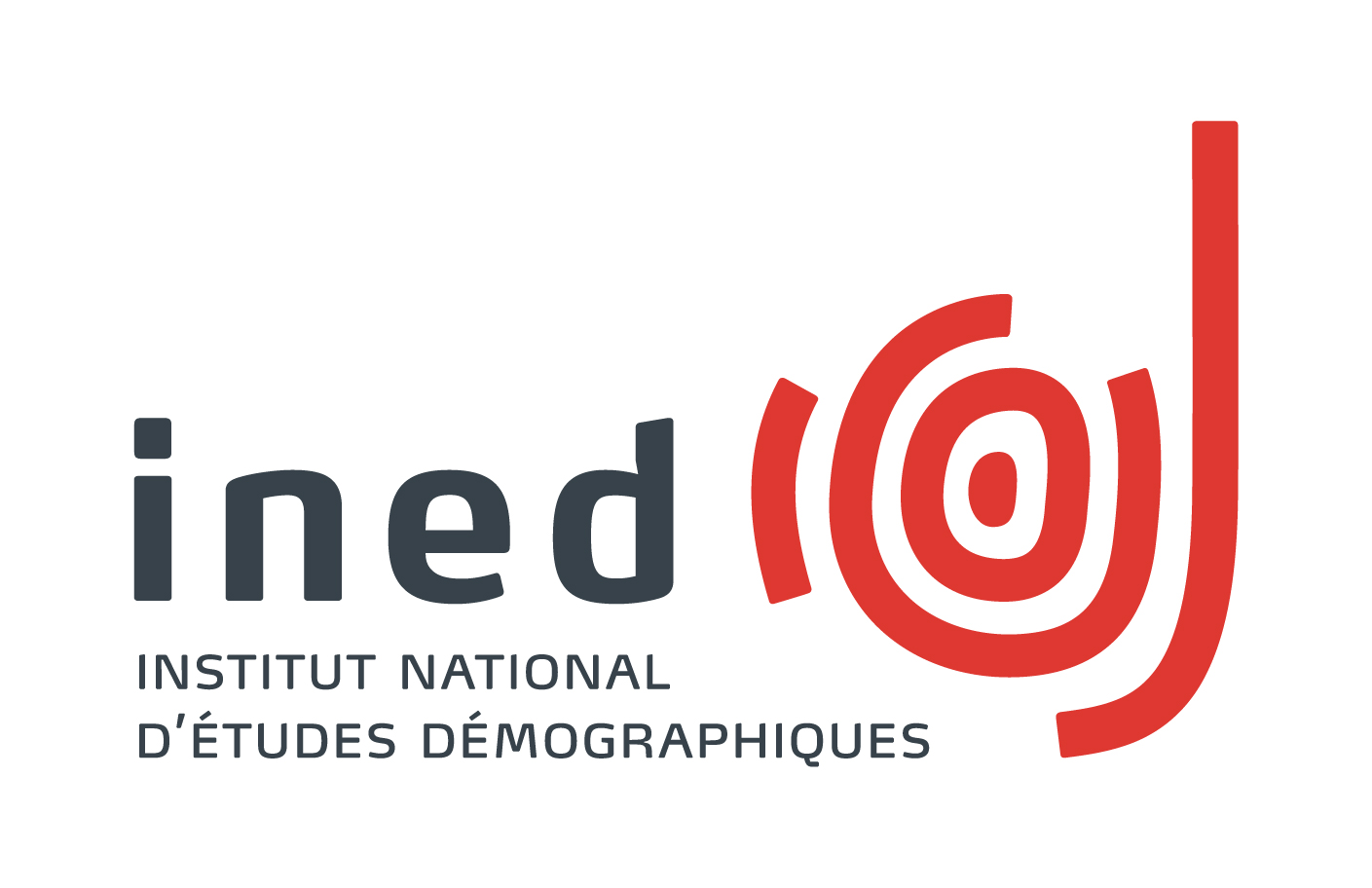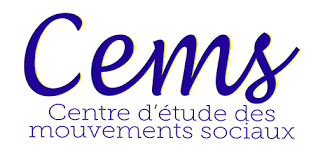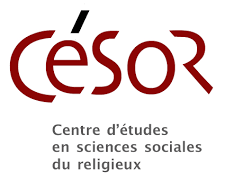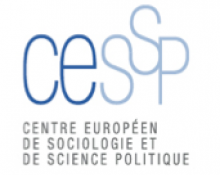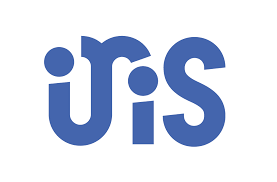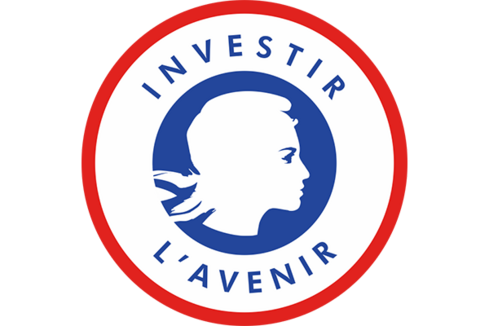About
The School
The School of Gender and Sexuality Studies (SGSST) is a social science training programme specialising in gender and sexuality studies. It is a partnership between two institutions, the School for Higher Studies in Social Science (EHESS), which focuses primarily on qualitative social science research, and the National Institute for Demographic Studies (Ined), which conducts large-scale statistical surveys. Developed out of the Master’s in Gender Studies at EHESS, the SGSST is a graduate study programme from Master’s to doctorate with a nationally and internationally unique academic offer, both centralising research on gender and sexuality as nexus and key indicator of developments in gender relations, and providing training in statistical methods as tools for studying gender and sexuality. The SGSST is located on the Condorcet Campus in Aubervilliers, and at the time of launch drew contributions from six research units: the Centre for the Study of Social Movements (CEMS), the Centre for Social Studies of Religion (CéSor), the European Centre for Sociology and Political Science (CESSP), the Maurice Halbwachs Centre (CMH), the Centre for Historical Research (CRH) and the Institute for Interdisciplinary Research on Social Issues (Iris).
The training programme offered at SGSST is based on three core principles:
1/ Progressive training rooted in research practice and interdisciplinarity
This progressive training in gender and sexuality studies is pioneering in its interdisciplinarity. It is based on apprenticeship in research practice focused especially on new or under-researched spaces (rural and peri-urban communities, digital spaces). It places emphasis on the articulation of qualitative and quantitative methods, on the understanding and production of data on gender and sexuality as they intersect with other social relations (of class, age, etc.), and encourages reflexivity about the activity of scientific study.
2/ Circulation of knowledge
In an arena of international research, where students join an international network of gender and sexuality studies, international study forms an integral part of the training. The SGSST also disseminates knowledge in non-academic contexts, organising events open to a broad public, in association with all its partners on the Condorcet Campus and local actors.
3/ Career development for students and training for professionals
Social developments around gender and sexuality, such as the recent global campaign against sexual violence, create professional needs beyond the academic arena. The SGSST aims to train researchers, but also a range of professionals who can then apply their knowledge in responding to the challenges of sexual equality, discrimination, and public health. The training therefore incorporates a career development element based on partnerships with non-profit organisations, public bodies and others. The training thus caters to a wide range of potential students, from those undertaking their initial training to professionals seeking to develop their knowledge in gender and sexuality studies.
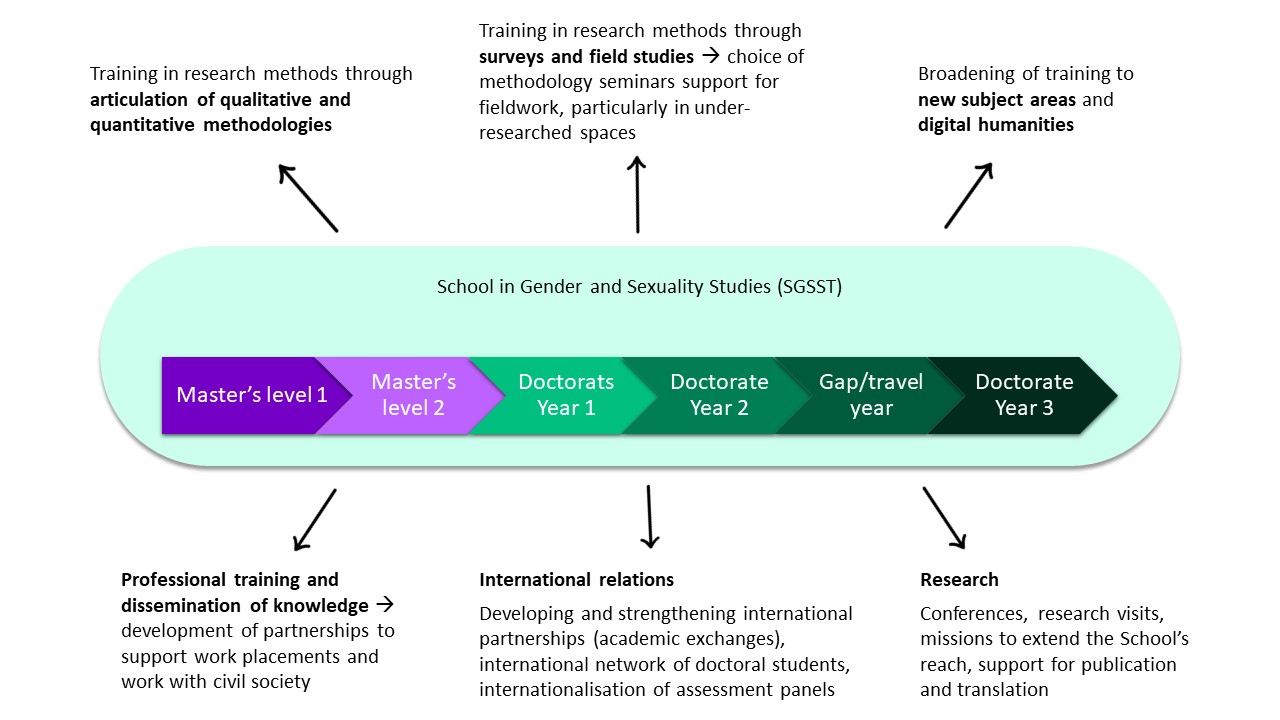
Team and governance
The SGSST is governed by an Executive Committee, a Teaching and Learning Board and an Advisory Board, and a Board of Directors.
Executive Committee
The Executive Committee makes decisions on strategy and is responsible for overall leadership of the School. With this remit, it devises the training programme, and the content and development of the School’s teaching and research, with the support of the Teaching and Learning Board. It co-ordinates between the various partners involved, and assesses and agrees proposals for working with legally constituted bodies. It is also responsible for management of the School.
Its members are:
- Christelle Avril
- Céline Beraud, SGSST Director of Research and Head of the Master’s in Gender Studies;
- Mathieu Trachman, SGSST Deputy Director of Research;
- Laure Bereni, Co-Director, external partnerships
- Michel Bozon
- Saba A. Le Renard, Deputy Head of the Doctoral Training Programme and Co-Director, international relations
- Clyde Plumauzille, Deputy Head of Master’s degrees and Co-Director, external partnerships
- Juliette Rennes, Head of the Doctoral Training Programme and Co-Director, international relations;
- Christine Garcia, Course Secretary for the Master’s in Gender Studies and the Doctoral Training Programme in Social Science and Gender;
- Océane Legrand, SGSST Administrator.
Teaching and Learning Board
The Teaching and Learning Board draws up and submits proposals to the Executive Committee for the curriculum content and orientation of the programmes for the Master’s in Gender Studies and the Doctoral Training Programme in Social Science and Gender at SGSST, and makes decisions on applications for study and award of Master’s and doctoral degrees.
Its members are:
Christelle Avril • Emmanuel Beaubatie • Céline Béraud • Laure Bereni • Yasmine Berriane • Marc Bessin • Michel Bozon • Ioana Cîrstocea • Isabelle Clair • Lucie Drechselova • Alban Jacquemart • Rose-Marie Lagrave • Saba A. Le Renard • Camille Masclet • Michel Naepels • Delphine Naudier • Clyde Plumauzille • Sophie Pochic • Geneviève Pruvost • Gianfranco Rebucini • Juliette Rennes • Florence Rochefort • Sébastien Roux • Regis Schlagdenhauffen • Camille Schmoll • Sylvie Steinberg • Mathieu Trachman
The Teaching and Learning Board also meets once a year as a Development Committee, where it is joined by professionals from beyond the academic sphere. The members of the Development Committee are:
- Anne-Sophie Beau, non-academic expert with a doctorate in history, author of Un siècle d’emplois précaires [A century of precarious jobs] (Payot), teacher of history, geography and civic studies in the Créteil school district;
- Ariadine Boussetta, non-academic expert, former student holding a Master’s in Gender from EHESS, editorial secretary of the journal Monumental, and editor at Éditions du patrimoine at the French Centre for National Monuments;
- Emmanuelle Latour, non-academic expert, sociologist, senior civil servant in charge of public policy on equality from 2004 to 2018, now General Secretary of the National Council for the Protection of Children (Ministry of Solidarity and Health);
- Angeline Montoya, non-academic expert, Latin America editor at Le Monde, specialist in issues of gender, women’s rights and human rights, and on Latin America, former student with a Master’s in Gender, Politics and Sexuality.
Advisory Board
The Advisory Board has a consultative role, making recommendations on the project, organisation of research and teaching, and changes to internal regulations.
The Advisory Board is composed of:
- leading national and international academics, appointed by the Board of Directors on the basis of nominations from the Executive Committee. They also sit on the panel for award of doctorates.
- Sébastien Chauvin, sociologist and researcher at the Centre for Gender Studies at the University of Lausanne and co-organiser of BruLau, international academic expert, member of the doctoral award panel;
- Mona Claro, sociologist and co-director of the Masters in Gender Studies at the University of Liège, international academic expert, member of the doctoral award panel;
- Débora Gorbán, sociologist, member of Conicet (National Scientific and Technical Research Council, Argentina), international academic expert, member of the doctoral award panel;
- Marylène Lieber, sociologist at the University of Geneva, international academic expert, member of the doctoral award panel.
- Leading external experts from the non-academic professional sphere, members of the Development Committee.
Partner institutions
SGSST is co-ordinated by the School of Higher Studies in Social Science (EHESS), a public academic, cultural and professional institution with 3,000 students: 1,800 doctoral students (with nearly 250 theses defended each year, across the social sciences), and 1,200 Master’s students. SGSST was formed around the Master’s in Gender Studies, currently led by Christelle Avril, lecturer at EHESS and researcher at the Maurice Halbwachs Centre. The Master’s programme has 55 dissertation supervisors specialising in a range of disciplines and covering a wide field of expertise: family, work, couples, rural areas, culture, health, collective movements, discrimination, and religion. Supervisors also work on regions outside Europe, including South Asia, the Middle East, Africa and South America. Through EHESS, SGSST offers an abundant array of seminars open to all students (supporting reflective training in conducting surveys and openness to other disciplines). SGSST also draws on the resources of EHESS’ international relations department, with its 62 international agreements, and its IT services.
The National Institute for Demographic Studies (Ined) is the only other partner in this project. During the 2000s Ined became one of the primary sites of research on gender and sexuality in France, through its “Gender, sexuality, inequality” and “Sexual and reproductive rights and health” units. Specialising in large-scale statistical surveys, Ined contributes specific expertise in quantitative approaches to gender and sexuality (training in statistical methods, support for research). In addition to the researchers directly involved in training and supervising students, Ined has two pioneering services available to the School: the Statistical Methods Department (SMS) already provides training in specific statistical methods; Ined’s specialist Survey Department offers expertise in difficult-to-reach groups and sensitive data.
Research units
Funding programme
News
Only available in French.
Actualité de la recherche en genre et sexualité | Camille Riverti – 11/03/2024
Camille Riverti est invitée dans le cadre du séminaire Actualité de la recherche en genre et en sexualité de l’EUR GSST pour la séance du 11 mars 2024 de 12h30 à 14h30. Camille Riverti est docteure en anthropologie sociale de l’École des Hautes Études en Sciences...
Actualité de la recherche en genre et sexualité | Lissell Quiroz – 26/02/2024
Lissell Quiroz est invitée dans le cadre du séminaire Actualité de la recherche en genre et en sexualité de l’EUR GSST pour la séance du 26 février 2024 de 12h30 à 14h30. Lissell Quiroz est professeure des Universités en études latino-américaines à CY Cergy Paris...
Actualité de la recherche en genre et sexualité | Maroussia Ferry – 12/02/2024
Maroussia Ferry est invitée dans le cadre du séminaire Actualité de la recherche en genre et en sexualité de l’EUR GSST pour la séance du 12 février 2024 de 12h30 à 14h30. Maroussia Ferry est anthropologue et maîtresse de conférences à l’ENS. Spécialiste des...

